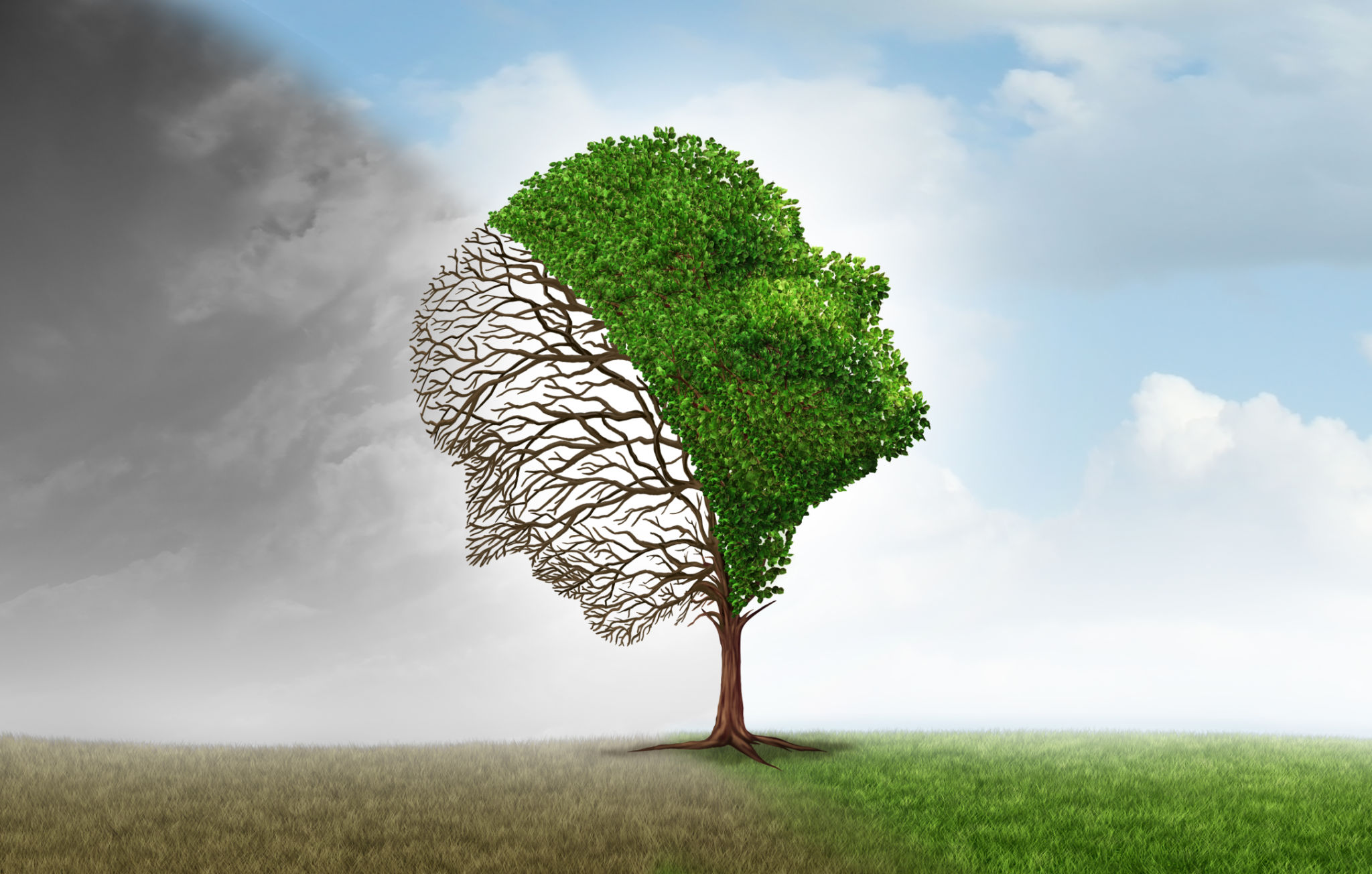Seasonal Affective Disorder: How Raleigh's Climate Affects Mental Health
Understanding Seasonal Affective Disorder
Seasonal Affective Disorder (SAD) is a type of depression that occurs at a specific time of year, usually in the winter months. It can have a profound impact on an individual's mood, energy levels, and overall well-being. For residents of Raleigh, understanding how local climate factors contribute to SAD is crucial for effectively managing and mitigating its symptoms.

The Role of Raleigh's Climate
Raleigh experiences a relatively mild climate with four distinct seasons. While winters are not as harsh as in some northern regions, the shorter days and reduced sunlight can still trigger SAD in susceptible individuals. The lack of sunlight can lead to lower production of serotonin, a neurotransmitter that affects mood, and disrupt the body's internal clock.
The transition from the vibrant colors of fall to the more subdued palette of winter can also affect one's mental state. Raleigh's winter months often see overcast skies and increased rainfall, which can exacerbate feelings of lethargy and low mood.
Common Symptoms of SAD
SAD symptoms can vary from person to person but typically include:
- Feelings of depression most of the day, nearly every day
- Loss of interest in activities once enjoyed
- Changes in appetite or weight
- Difficulty sleeping or oversleeping
- Low energy or fatigue
- Difficulty concentrating

Coping Strategies for SAD
There are several strategies residents of Raleigh can employ to manage SAD effectively:
- Light Therapy: Using a light therapy box can help mimic natural sunlight, improving mood and energy levels.
- Physical Activity: Regular exercise can boost serotonin levels and alleviate symptoms of depression.
- Outdoor Exposure: Spending time outdoors during daylight hours can help increase exposure to natural light.
- Seek Professional Help: If symptoms persist, consulting a mental health professional can be beneficial.
The Importance of Community Support
In Raleigh, community support can play a vital role in managing SAD. Engaging in community activities or joining support groups can provide a sense of connection and combat feelings of isolation. Many local organizations offer workshops and events that focus on mental health awareness and support during the challenging winter months.

Staying connected with friends and family is also crucial. Regular social interactions can provide emotional support and encourage positive coping mechanisms. Whether through virtual meet-ups or small gatherings, maintaining relationships can significantly impact one's mental health.
Looking Ahead to Spring
As winter gradually gives way to spring, many individuals with SAD experience relief from their symptoms. Raleigh's springtime offers longer daylight hours and blooming landscapes that contribute to an improved mood and renewed energy. Anticipating this transition can provide hope and motivation during the darker months.
Understanding the impact of Raleigh's climate on mental health is an essential step towards recognizing and addressing Seasonal Affective Disorder. By implementing effective coping strategies and fostering community connections, residents can navigate the challenges of winter with resilience and optimism.
